School done for the day we pack and tally our losses. Yesterday it was a charging cable, today it is earphones. The perils of cabled travelling I guess. After checking the previous hotel to see if they were there, we grab a replacement pair for 75,000 rupiah at a local minimart. When we stop later, Will notes they work, “sort of.” Get what you pay for.
Today’s target is Jember, around three hours away, and we plan a late lunch break at a place I’ve stayed before, Kalibaru. In no time the beach is gone and we’re back riding through a rotation of fields, villages and mosques. Will is the navigator, perched on the back of the bike yelling “left,” “right,” and “straight” as I ride. He’s far better than our technological tool, Google Maps.
Typical scenery around Kalibaru. Photo: Sally Arnold.
The problem is it plots our routes, with suggested times for each, but there seems little consideration for road quality, and so it is when I hear a “left” screamed from behind and the left is a dirt road, I ask if he sure, “LEFT,” comes the reply.
The road is a farming access road, probably used by flat back trucks to haul out the corn harvest, but the surface is awful. After a kilometre, I yell back “how long on this crap?”
“Nine kilometres,” comes the bouncing reply.
Great, thanks Google.
Fish in the market, Kalibaru. Photo: Stuart McDonald.
In the end, it improves and we’re back on a decent surface after half that, then it spits us out onto Route 3, pretty much the primary “highway” through Java’s southeast. The change in conditions is jarring.
It’s a single lane each way most of the time with no shoulder, and the traffic is a mix of trucks of all shapes and sizes, tour buses, cars, and a flood of motorbikes. We’re sitting on 50/60km/h at the best of times, but the aggressiveness, particularly of the buses, is scary. More than once we end up on the shoulder as developing country road rules hold firm—always yield to size.
We pull up about 45 minutes shy of Kalibaru, we’ve only been riding an hour but it feels like triple that. It’s been pretty in places, but the road demands 110% of my attention and it’s really just a blur of green. Will isn’t fussed, I’m carrying his bag, so he’s less uncomfortable and his bad earphones, Spotify and the scenery keep him busy. I ask is he bored, and he answers “nope!”
The scene at Mago Utomo. Photo: Sally Arnold.
At Kalibaru we stop in at the Margo Utomo, a long-running hotel attached to a dairy farm. In the past, it was popular with tour groups, and I’m surprised it is still open. On my last stay here we toured from here to Glenmore, you can read about that on Travelfish.
The staff, friendly as ever, wave us through to their grand restaurant, where we relax over rendang and spaghetti bolognese—note above re tour groups. Afterwards, I walk through the grounds, it is a cottage style set-up, a throwback to Dutch times, the rooms in neat rows surrounded by lovely gardens. Workers are refitting the cheaper offerings, in anticipation of tourists returning perhaps, but they are open for stays, a staffer tells me, 350,000 rupiah a night. We’ll try to time our return trip for a stay here. Their other property, a few kilometres to the southeast, on the other side of the train tracks, is closed, but this one rolls on—perhaps kept afloat by the cows who we go visit before jumping back onto the bike.
“It feels like rain,” I say, and Will nods. When I suggest maybe we’ll beat it, he looks dubious.
Cows were too busy stuffing face to say hello. Photo: Stuart McDonald.
Sure enough, ten minutes out, it hits. Wanting to avoid donning raincoats, we shelter in a roadside stall, to see if it will pass, but it only gets stronger, pelting down. The trucks speed past, tyres hissing on the tarmac, steam billowing off the surface. Raincoats on.
As is often the case the rain hit with a bang, and new rivers stream across the road. The trucks don’t slow though, sending huge waves of brown water two feet into the air, any one strong enough to knock a bike off course if not over. We weave our way along, there’s no shoulder to hide on, so you need to keep up with the flow—or get off the road.
Will’s weather app had no good news. Photo: Stuart McDonald.
We start climbing a ridge, the road turning on itself in a series of near hairpins, truck brakes scream and whistle while impatient drivers sit on their horns. Above us an impressive forest looms, the rain absolutely chucking it down, yet with broken clouds the sun dapples through, despite the madness on the asphalt it’s stunning. No time to enjoy it though as a white car, horn blaring, goes to overtake a truck on a blind corner, the truck veers out trying to stop the car, but he’s going! Then in the opposite direction another truck, creaking down, lights flashing, horn blaring, the car yields, slipping back and skating in by us, then, truck past, he goes again, this time making it.
All the time the rain is hammering.
We reach the first of a series of passes, and there are all these people by the side of the road. Kids, mums, old guys, they stand there, waving their arms about. Passing cars and bikes throw loose change towards them, and they dart out into the traffic to collect it. I run over an already sodden 2,000 rupiah note, and I know I’m in Indonesia but I feel like I’m in a live version of Frogger.
We pass by lean-tos, more people inside, some cooking, perhaps a scooter parked by the side. Kids everywhere, rivers beneath their feet and above them, the forest.
Hello Jember. Photo: Stuart McDonald.
All I can think of is a story that’s done the rounds over the previous few days in the domestic media. Some idiotic Australian tourist had whined about the merchants and beggars on Bali beaches. Apparently, they interfered with her holiday. She’s rightly being pilloried on social media, but in response, the authorities, wanting to maintain a semblance of tourist fantasy land, rounded up about fifty, despite them committing no crime other than raising the ire of someone sunbathing.
Of course, one doesn’t need to motorbike to Java to see the abject poverty many Indonesians endure. One only needs to know where to look to find a cheap Canggu kos where people live hand to mouth collecting scrap metal and plastic refuse, while around the corner tourists sip 50,000 rupiah lattes oblivious to their true surrounds.
The ridge behind us, we start the long downhill run into Jember. Like many Indonesian cities, it is one of villages and it starts way before we get anywhere near the Alun-Alun with its well-toned joggers, lovers walking hand in hand, and the branches of the trees curling wildly up above.
Couchfish is 100 per cent independent and reader-supported. If you’re not already a subscriber, and you’d like to show your support, become a paying subscriber today for just US$7 per month—you can find out more about Couchfish here—or simply share this story with a friend.
Don’t forget, you can find the free podcasts on Apple, Pocket Casts and Spotify as well as right here on Couchfish.





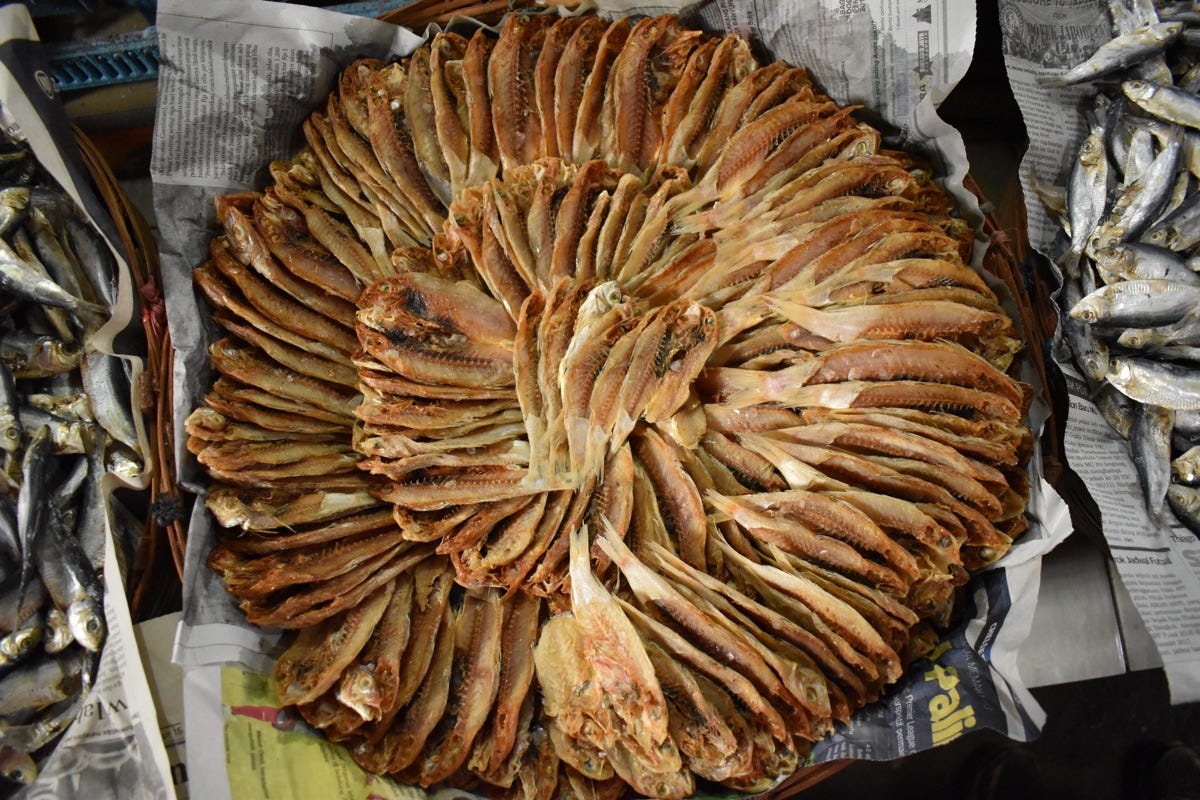



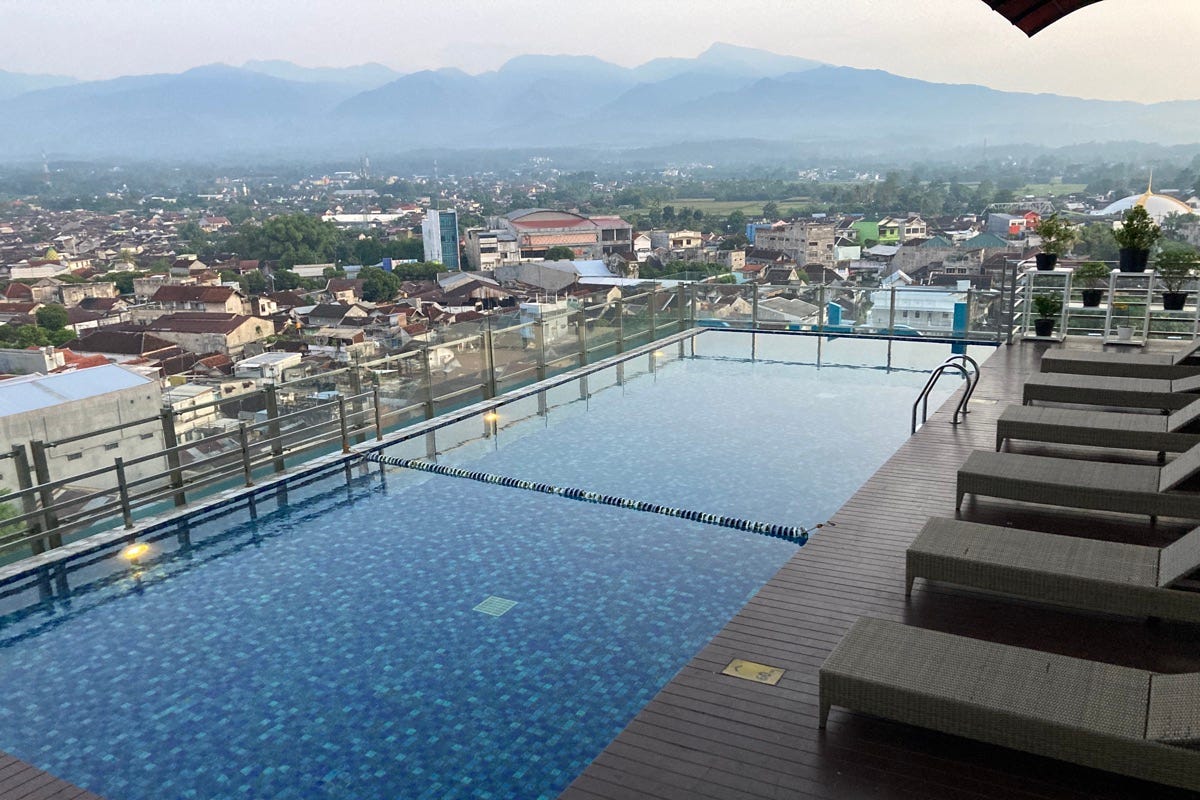

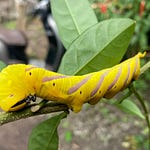
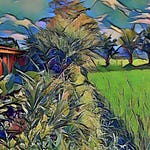

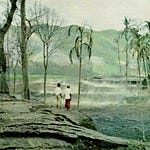
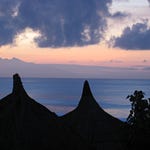
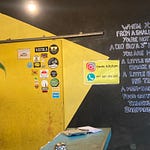
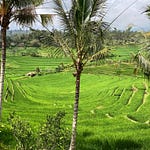

Share this post